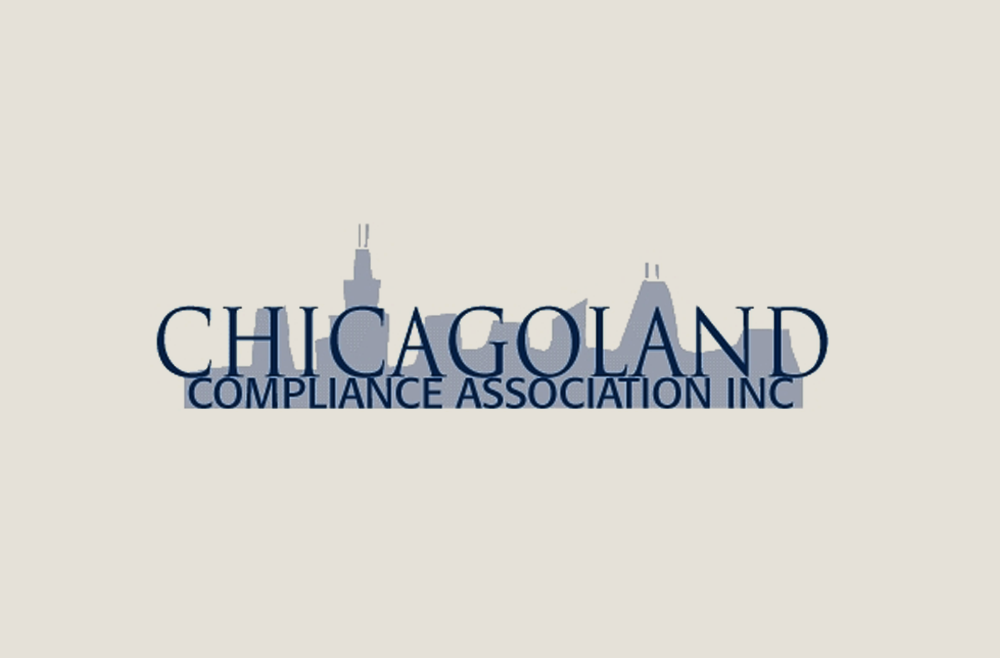California Board of Pharmacy Approves "No Pharmacist Left Alone" Regulations for Retail Pharmacy Chains
Healthcare Alert | 4 min read
Sep 21, 2020
In retail pharmacy chain stores, pharmacists are sometimes left alone for long periods of time. Pharmacists at such chains—which are also known as community pharmacies—have also had to perform a number of non-pharmacist functions, including staffing cash registers, cleaning pharmacy bathrooms, and taking out the trash. Community pharmacies are defined as being owned by a person or entity that collectively owns five or more pharmacies. The work conditions pharmacists have to endure at these community pharmacies has come under fire, and was even the topic of a New York Times article titled "How Chaos at Chain Pharmacies Is Putting Patients at Risk."
In 2018, SB 1442 (Wiener)—the "No Pharmacist Left Alone" legislation—was passed to address concerns that inadequate community pharmacy staffing impairs the professional judgment and ability of pharmacists to do their jobs, and also endangers the public health because it leaves licensed pharmacists an insufficient amount of time to perform their licensed functions safely and lawfully, exercise their professional discretion, and comply with their legal and ethical obligations to protect the health and wellbeing of patients. No Pharmacist Left Alone added California Business & Professions Code § 4113.5 to prohibit a community pharmacy from requiring a pharmacist employee to engage in the practice of pharmacy unless the pharmacy makes another employee of the pharmacy available to assist the pharmacist at all times or, if the pharmacy is located within another establishment, an employee of the establishment within which the pharmacy is located; except for the following types of pharmacies:
- Hospital pharmacies
- Inpatient and outpatient
- Governmental pharmacies
- A pharmacy owned by a federal, state, local or tribal government (e.g., University of California pharmacies, correctional pharmacies, or pharmacies operated County Hospitals and Department of State Hospitals)
- Independent pharmacies
- Defined as being owned by a person or persons who collectively own no more than four locations
- Knox-Keene Health Care Service Plan pharmacies
- Pharmacies owned by health care service plans that exclusively contract with no more than two medical groups
- Pharmacies with drive-thru windows
- A pharmacy that permits patients to receive medications via a "drive-thru window" when both of the following conditions are met:
- A pharmacist is working during the times that a patient can receive medications at the drive-thru window
- A community pharmacy does not require the pharmacist to retrieve items that are not located within the pharmacy area (including over the counter drugs).
- A pharmacy that permits patients to receive medications via a "drive-thru window" when both of the following conditions are met:
- Pharmacies that do not fill controlled substances prescriptions
- A pharmacy that does not sell, dispense, or furnish controlled substances
The California Board of Pharmacy (Board) recently notified pharmacy licensees that new regulations, California Code of Regulations Title 16 Section 1714.3—which outline the community pharmacy staffing requirements established by Business and Professions Code Section 4113.5—have been approved by the Board. Effective September 15, 2020, the new regulations require the following:
Pharmacist Assistant
When a pharmacist is the only pharmacy employee in a pharmacy that is open to the public, the pharmacy must make another employee available to assist the pharmacist.
- This additional employee must be identified/named to the pharmacist.
- The additional employee must be able to perform the same duties that non-licensed pharmacy personnel can perform (i.e. as specified in California Code of Regulations Title 16, Section 1793.3).
- The additional employee must be qualified to have access to controlled substances, as evidenced by background checks that are consistent with federal requirements for pharmacy employees with such access.
- The additional employee must be able to assist the pharmacist within five minutes of the pharmacist's request.
It is important to note that the regulations do not require the pharmacist assistant to work in the pharmacy at all times that the pharmacy is open.
Policies and Procures
Pharmacies must develop, adopt, and maintain written policies and procedures that address the following:
- How a pharmacist on duty will be able to identify the designated pharmacist assistant.
- The criteria and training for those designated pharmacist assistants.
- The process for the pharmacist to request assistance.
- How the pharmacist will document the response time between the request and arrival of the pharmacist assistant at the pharmacy.
- The process for the pharmacist to request the pharmacist assistance, and the criteria and training for those designated pharmacist assistants.
The pharmacy can include an on-call process within their policies and procedures, if it so desires, since having multiple designated pharmacy assistants instead of a specific scheduled person will increase the likelihood of compliance. Documentation regarding when the request for assistance was made and when the designated pharmacist assistant arrived will help the pharmacy demonstrate to the Board that the pharmacy is operating in compliance with Business and Professions Code Section 4113.5.
It is important for the pharmacy, the pharmacist, and all impacted staff to understand the request for assistance process to ensure awareness of the process and expectations. Thus, the regulations require that all of the pharmacy's impacted employees read and sign a copy of the policies and procedures. Additionally, the policies and procedures must be available in a readily retrievable format within the premises of the pharmacy.
Business and Professions Code Section 4113.5 and California Code of Regulations Section 1714.3, were promulgated in response to chronic understaffing of retail pharmacies that often led pharmacists to work alone, compromising patient safety. California law now prohibits community pharmacies from endangering public health and impairing the work of a licensed pharmacist by requiring a pharmacist to always have a designated person physically able to assist with tasks that do not require a pharmacist license.
Hinshaw has a pharmacy law team that assists clients with pharmacy compliance and regulatory issues, including State Board of Pharmacy license applications, audits, inspections, and disciplinary proceedings. Please contact your Hinshaw attorney with any questions and for additional guidance on pharmacy regulatory and compliance matters.














